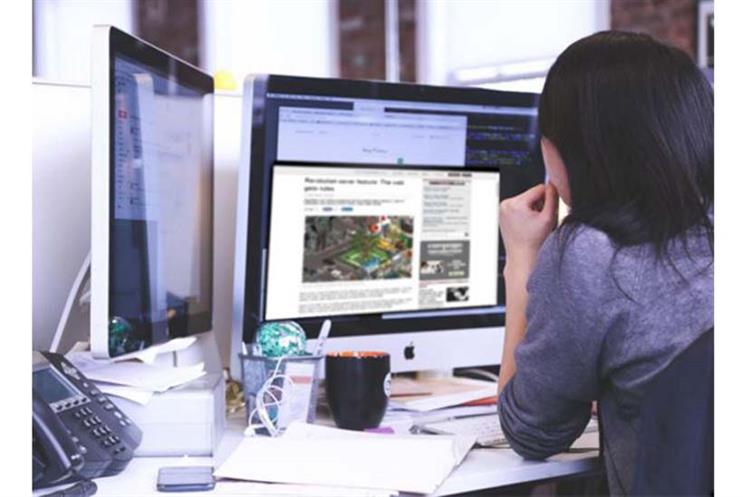Editors plan, coordinate and publish content for media organisations. They work in a variety of settings – newspapers, TV and radio, consumer or trade magazines and online publications.
Editors devise original material for their publications or programmes to reflect the interests of their audience. They select the prominence of each item and respond to feedback about it. Editors often oversee a team of reporters, presenters, section editors and freelancers who will generate the content.
The day-to-day
The general duties of an editor are to:
- Conceive of stories or subjects to investigate in line with the preferences of their audience
- Coordinate the publishing cycle and ensure that deadlines are met for publication or broadcast
- Proofread and check content for errors
- Ensure that published content complies with media and copyright laws
- Manage a budget
- Interview, hire and manage the editorial team
- Respond to complaints from readers, listeners or viewers
- Allocate space or time for text or stories in line with their perceived significance and approve or write headlines
- Confer with the editorial team regarding the emphasis of stories or features
- Meet any targets for audience share or profitability
- Liaise with the publisher regarding targets and supplements or events
- Regularly meet contacts relevant to the publication’s or programme’s subject area and keep up to date with trends
- Represent the publication or programme at public events
- Write editorial (in print or online journalism)
Key skills
- Creativity skills: Editors need to be good at thinking creatively, generating ideas for articles or subjects to investigate.
- Organisational skills: Editors need to be excellent at organisation and forward planning. Much of the editorial content they select will be agreed several weeks before publication or broadcast.
- Management skills: They have to be adept at managing others and securing the best performance from them. Delegation is key. Time management skills need to be honed as well as the ability to resolve conflict and handle complaints. Editors must be sensitive to arising problems with content.
- Writing and speaking skills: It goes without saying that editors must be accomplished writers but they have to be confident speakers too.
- Digital skills: Nearly all media outlets have a digital element now and editors need to be comfortable with posting and editing content online.
Qualifications
An undergraduate degree in English or media studies is a good foundation. But postgraduate career qualifications are can be very valuable too. These include qualifications in and .
Relevant experience
Hands-on experience in journalism is key. Most editors rise up the ranks from reporter, features editor, news editor, output editor or online editor. However, in the case of specialist professional publications, it is possible to move from a senior, expert position within that sector, to become editor of a magazine that serves it. A track record, here, of writing and management is vital.
Salary
The salary of an editor typically ranges from £30,000 to £100,000. Editors have a wide salary range because at the top of the profession, for example national newspaper editors, salaries can be very high.
Hours
Regular office hours of 9am to 6pm but it is assumed editors will work as long as it takes when publication or broadcast is imminent. Editors will inevitably have to set aside some evenings to meet contacts or take part in public events.
Career opportunities
Your next steps include:- Senior editor
- Editor in chief: responsibility for a publication or group of publications but no supervision of its day to day operations
- Publisher: responsibility for the quality and commercial success of a publication
An editor’s perspective
"Being an editor is, in many ways, a dream job. You get to decide what goes in and which writers and photographers to use. But there are so many aspects of the job, from dealing with staff and internal targets, to signing off proofs and handling complaints by readers. It is difficult to switch off."
- John Plummer, editor, Muscle & Fitness and FLEX


